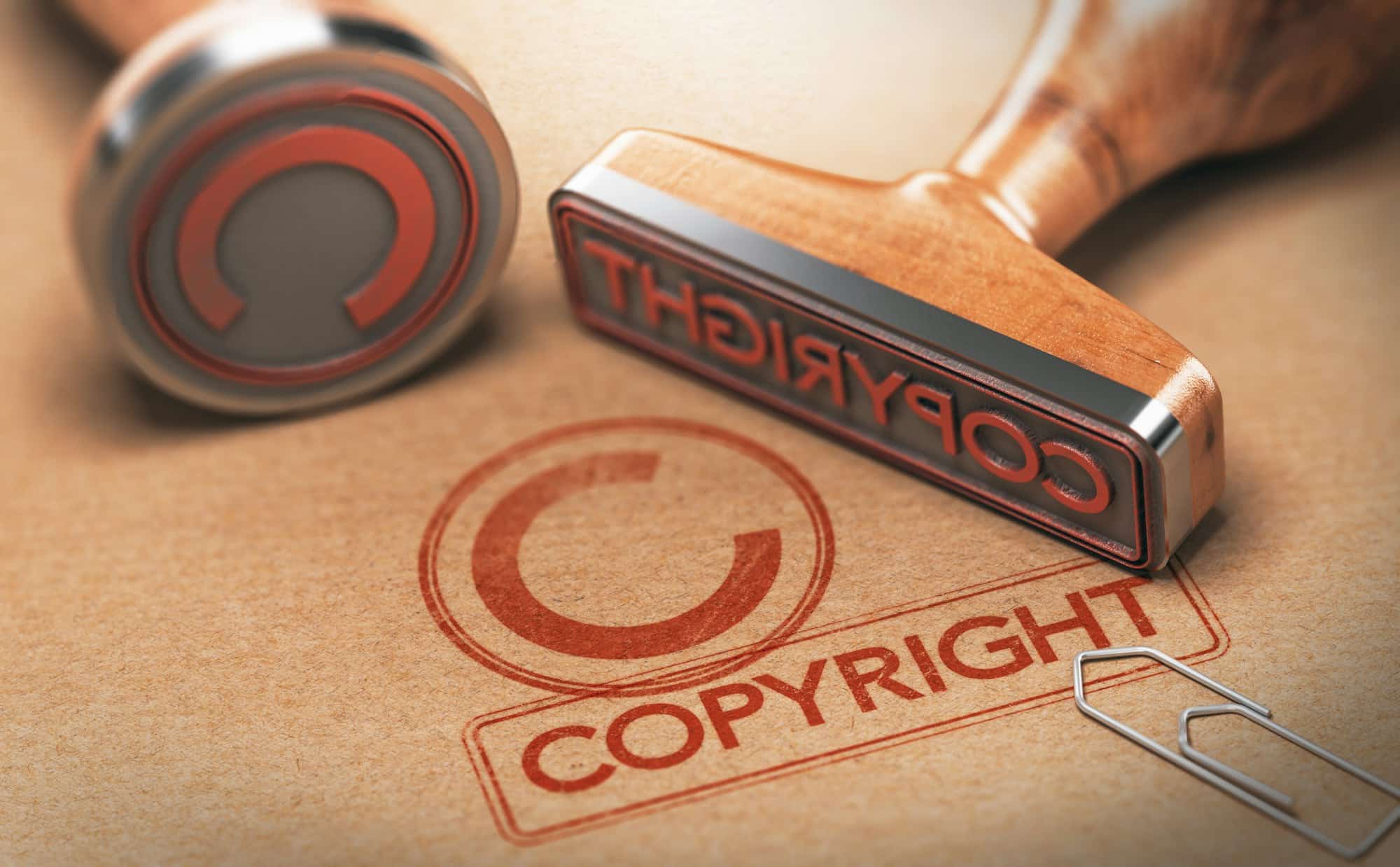In the complex world of journalism, understanding copyright law is a must. It is particularly crucial for freelance journalists who produce work for various media outlets, both offline and online. The rights to their content can become a thorny issue if not managed properly. This article will guide you through the labyrinth of copyright law in the UK, helping you navigate the legal landscape to ensure your rights, as freelance journalists, are protected and respected.
Your Rights as Freelance Journalists
The cornerstone of copyright law is to protect the rights of authors or creators of works. In the context of journalism, this typically means articles, photographs, and other types of content produced for news services or media outlets.
En parallèle : How can UK businesses ensure compliance with the recent changes in pension auto-enrolment laws?
As freelance journalists, you hold the copyright to your work from the moment it is created. This copyright provides you with the exclusive right to reproduce, distribute, display, and adapt your work. It also gives you control over who can use your work and how it is used, allowing you to potentially monetise your content through licensing and syndication deals.
However, the boundaries of these rights can become blurred in the context of freelance journalism. Many media outlets require freelancers to sign contracts that transfer some or all of their copyright to the publisher. It is important that you understand the terms of these contracts and seek legal advice if needed, to ensure your rights are not unfairly compromised.
Dans le meme genre : Why life sciences organizations choose an outsourced dpo for data privacy
Understanding Fair Use in Journalism
Fair use is a legal doctrine that allows limited use of copyrighted material without requiring permission from the rights holders. This can be particularly relevant for journalists, who often need to utilise copyrighted works to report on news and current events.
In the UK, this concept is known as ‘fair dealing’, and it allows for the use of copyrighted material for purposes of news reporting, criticism or review, and education, provided the use is fair and does not adversely affect the potential market for or value of the original work.
However, this does not mean you can freely use any copyrighted work in your articles. You must ensure you adhere to the boundaries of fair dealing, giving due credit to the original authors and using the work solely for the purpose of reporting news or providing critical review.
Protecting Your Work in the Digital Space
The internet has revolutionised how we consume news, with many freelance journalists now publishing their work online. However, this digital shift has also made it easier for others to copy and disseminate your work without permission, potentially infringing your copyright.
To help protect your rights in the online space, you should consider using digital rights management (DRM) tools. These software systems can control how your work is accessed and used online, allowing you to prevent unauthorised copying or sharing.
You can also take steps to monitor the use of your content online. There are services that can scan the internet for copies of your work and alert you to potential infringements. If your copyright is infringed online, you can make a complaint under the Digital Millennium Copyright Act (DMCA), which can result in the infringing material being removed.
Navigating Copyright Contracts with Publishers
One of the main ways freelance journalists can control their copyright is through contracts with publishers. These contracts will often specify how and where your work can be used, and for how long.
Some contracts may stipulate that the publisher has exclusive rights to your work, meaning you cannot publish the same material elsewhere without their permission. Others may grant the publisher a licence to use your work, while you retain the overall copyright.
Before signing a contract, make sure you understand the terms and how they affect your rights. You may wish to negotiate terms that are more favourable to you, such as retaining the rights to your work after a certain period of time, or being able to republish your work in certain formats, such as a book or on your personal website.
The Role of Collecting Societies
In the UK, the rights of authors, including freelance journalists, are often administered by collecting societies. These organisations collect and distribute royalties on behalf of authors when their works are used.
Collecting societies can offer an efficient way for you to receive payment for the use of your work, particularly in situations where tracking individual uses would be difficult or impractical. They can also help enforce your rights and take legal action on your behalf if your copyright is infringed.
Joining a collecting society can provide you with additional support and resources to help manage your rights. However, it is important to understand the terms of membership and how it might affect your control over your work.
Navigating the complexities of copyright law can be challenging, but it is vital in protecting your rights and your livelihood as freelance journalists. By understanding your rights, making use of available tools and resources, and seeking professional advice when needed, you can ensure you are in the driving seat when it comes to managing your copyright.
Utilising Social Media Effectively and Legally
Social media platforms have become a significant tool for freelance journalists. They help in spreading news quickly and reaching a vast audience. Yet, it’s essential to understand how copyright law and intellectual property rights apply to these platforms.
As a journalist, you have the right to share your articles, photographs, and other content on your social media accounts. However, once you post your content on a social media platform, it is subject to the terms and conditions of that platform. It’s worthwhile to familiarise yourself with these rules to avoid any potential copyright infringement.
If you intend to use someone else’s content, such as photographs, videos, or quotes within your work, always seek necessary permissions. Just because something is posted on social media doesn’t put it in the public domain for free use. Credit the original creator whenever you use their work, as this upholds both the creative commons ethos and respects the creator’s moral rights.
If you are unsure about whether it’s legal to use certain content, consult with a copyright office or seek legal advice. This is considered a best practice and aligns with the public interest, ensuring everyone’s rights are respected and maintained.
A Global Perspective: Applying UK Law Internationally
When you’re working as a freelance journalist, your work may be viewed or published outside of the UK. This raises the question of how UK copyright law applies internationally.
The United States and the UK, among many other countries, are signatories to international copyright agreements, such as the Berne Convention. This means that if you create a work in the UK, your copyright is recognised in all countries that are signatories to these agreements.
However, the specifics of copyright law can differ from country to country. For instance, while the UK recognises ‘fair dealing’, the US operates under a similar concept called ‘fair use’. Both principles allow the limited use of copyrighted material for news reporting and criticism without the need for permission.
But, there are variations in the interpretation of what constitutes ‘fair use’ or ‘fair dealing’. Thus, when your work is published internationally, it’s advisable to familiarise yourself with the copyright laws of the relevant countries or seek legal advice.
Conclusion: Ensuring Your Rights are Respected and Protected
The landscape of copyright law for freelance journalists in the UK is intricate but navigable. By comprehending your rights, understanding the role of social media, the specifics of contracts and the practices of collecting societies, you can ensure that your copyrighted works are aptly protected.
Remember, the moment you create a journalistic piece, you’re the owner of the copyright. Use this to your advantage, leveraging it to monetise your work through licensing and syndication deals. Vigilantly guard against rights grabs, and if ever in doubt, seek professional legal advice.
Digital tools and services can aid you in protecting and managing your rights online. Meanwhile, joining a collecting society can be beneficial in handling matters related to copyright protection and royalty payments.
Ultimately, being aware of copyright law is not just a legal necessity but also an empowerment tool, assuring that your works are respected and you’re compensated fairly.










